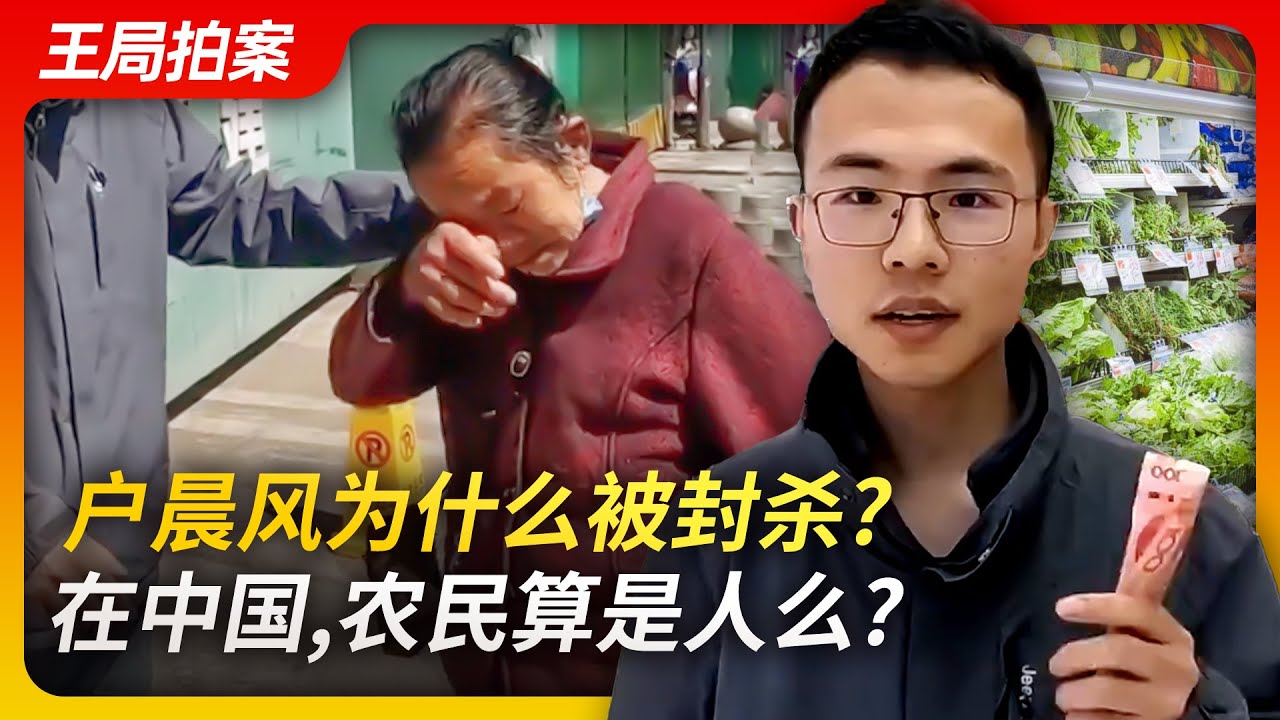Old-age poverty in Germany | DW Documentary
Summary
TLDRIn Germany, one in five pensioners faces the grim reality of poverty, with many living on less than 60% of the average income. The documentary highlights the struggles of individuals like Inga, who, despite a lifetime of work, now relies on charity for sustenance. Ulli, once a successful entrepreneur, now grapples with the harsh consequences of globalization and bankruptcy. Gisela's story underscores the financial sacrifices made by those who care for relatives, often leading to old-age poverty. The narrative calls for societal and political change to address this injustice, as these pensioners, once contributors to society, now fight for basic dignity and survival.
Takeaways
- 🇩🇪 One in five people in Germany, including pensioners, are at risk of poverty, highlighting a significant social issue.
- 👵 Old-age poverty is a taboo subject in Germany, often ignored despite its prevalence among the elderly population.
- 🏠 Many pensioners, like Inga, live below the poverty line, struggling to afford basic necessities due to meager pensions.
- 🍲 Organizations like 'Lichtblick' offer free lunches and support to pensioners in poverty, providing a lifeline for those in need.
- 🚴♂️ Individuals like Ulli, once successful entrepreneurs, now face old-age poverty due to market changes and lack of retirement savings.
- 🏡 Gisela's story illustrates how caring for a family member can lead to financial hardship and old-age poverty, affecting many in Germany.
- 💰 The German pension system's reliance on voluntary private schemes leaves many self-employed individuals without adequate retirement funds.
- 📈 The script points out the widening gap between the rich and the poor, with the elderly particularly vulnerable to the effects of poverty.
- 🌱 Some, like Inga, find solace and strength in nature and their faith, using these as coping mechanisms amidst financial struggles.
- 🗣️ The script calls for societal and political change, urging for a more equitable distribution of wealth and recognition of the plight of the elderly.
Q & A
What is the poverty risk among the general population in Germany?
-One in five people in Germany is at risk of poverty.
Which demographic is particularly affected by poverty in Germany?
-Pensioners are especially affected by poverty in Germany.
Why is old-age poverty considered a taboo subject in Germany?
-Old-age poverty is a taboo subject in Germany because it is tolerated as long as it is not discussed openly.
What is the financial situation of Inga, the 67-year-old mentioned in the script?
-Inga, a 67-year-old, lives below Germany's poverty line and receives a small pension that is not enough to cover her living expenses.
How does Inga cope with her limited income?
-Inga is very careful with her purchases and generally eats very little, as she has forgotten how to eat when money is scarce.
What is the term used in Germany to describe pensioners with less than 60% of the average income?
-In Germany, such pensioners are referred to as being in 'relative poverty.'
How did Ulli, a 72-year-old pensioner, end up in financial difficulty?
-Ulli, who was a pioneer of digital video transmission and had his own company, went bankrupt due to the globalized market and lost everything.
What method does Ulli use to manage his limited monthly income?
-Ulli uses an envelope for every week with a set amount of money that he must make last for that week.
Why did Gisela fall into poverty despite not being self-employed or having an accident?
-Gisela fell into poverty because she spent eleven years caring for her father, which reduced her working hours, earnings, and consequently her pension.
What is the financial consequence for those who care for a relative in Germany?
-In Germany, one in five people who care for a relative are at risk of falling into poverty, and for female carers, it's one in four.
How does the café 'Café Elementar' operate, and why is it significant for Ulli?
-Café Elementar operates without fixed prices, allowing customers to donate what they can. It is significant for Ulli as it provides a place where he feels valued as a human being, not defined by his financial status.
Outlines

Этот раздел доступен только подписчикам платных тарифов. Пожалуйста, перейдите на платный тариф для доступа.
Перейти на платный тарифMindmap

Этот раздел доступен только подписчикам платных тарифов. Пожалуйста, перейдите на платный тариф для доступа.
Перейти на платный тарифKeywords

Этот раздел доступен только подписчикам платных тарифов. Пожалуйста, перейдите на платный тариф для доступа.
Перейти на платный тарифHighlights

Этот раздел доступен только подписчикам платных тарифов. Пожалуйста, перейдите на платный тариф для доступа.
Перейти на платный тарифTranscripts

Этот раздел доступен только подписчикам платных тарифов. Пожалуйста, перейдите на платный тариф для доступа.
Перейти на платный тарифПосмотреть больше похожих видео

Alt und arm: Mit der Rente kaum über die Runden kommen | DW Reporter

户晨风为什么被封杀?在中国,农民算是人么?|户晨风|新农保|绝对贫困|107块|伟大复兴|城乡二元结构|制度性歧视|封杀|炸号|王局拍案20230320

Relative Poverty | Inesh Mukherjee | TEDxYouth@JumeirahCollege

Living in a coffin home | Insight | 360° VR Video

Masyarakat Miskin Ekstrem di Jakarta Meningkat

Why is there still poverty in America?
5.0 / 5 (0 votes)
